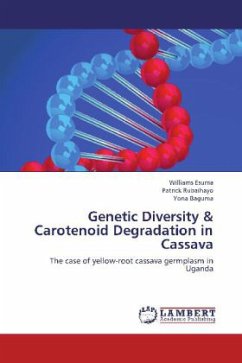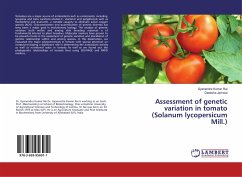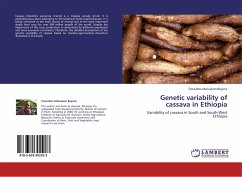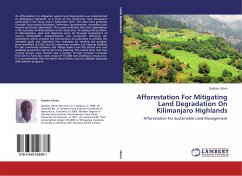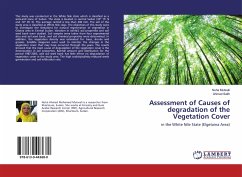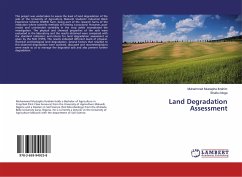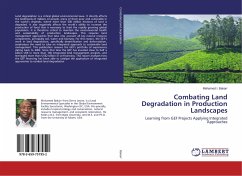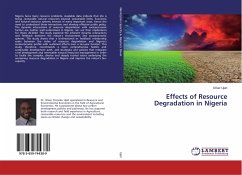Vitamin A deficiency has many invisible economic effects that are widely underestimated because they sap the energy of working-age people and hurt the learning ability of children, causing billions of dollars in lost productivity in developing countries that can least afford it. In fact it is no longer a question of treating severe deficiencies in individuals but simply a question of reaching out to whole populations to protect them against the devastating consequences of even moderate forms of vitamin deficiency. In our poor developing countries, where public health priorities compete for resources, partnership with the private sector to address devastating health problems brings hope for sustainable delivery of essential services. This hope is realistic because resources and technology to bring vitamin and mineral deficiencies under control do exist; we only need is the will, the effort and the action to fix this problem. Thus, enhancing staple crops with Vitamin A and other micronutrients is both essential and affordable. Cassava, a critical food security crop in Uganda, fits perfectly well in this initiative.
Bitte wählen Sie Ihr Anliegen aus.
Rechnungen
Retourenschein anfordern
Bestellstatus
Storno

